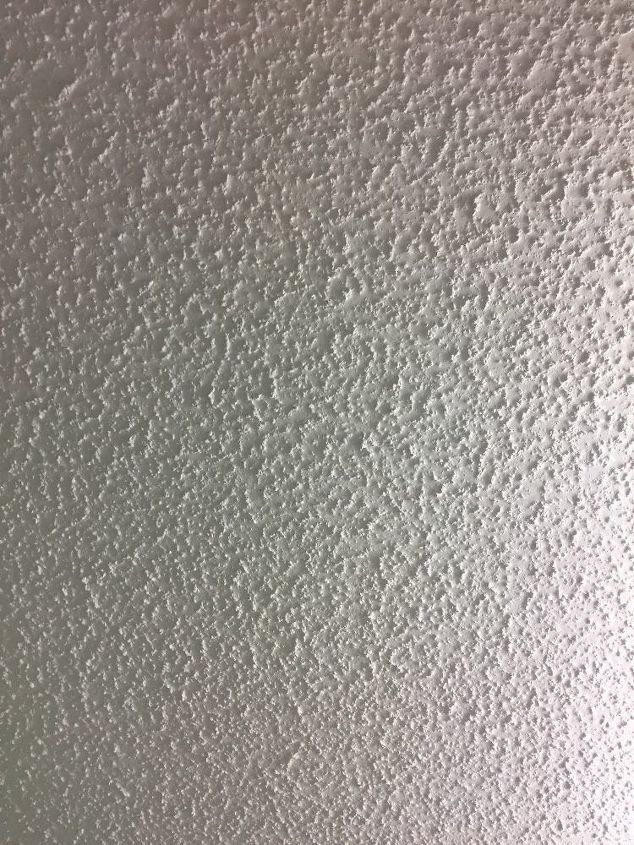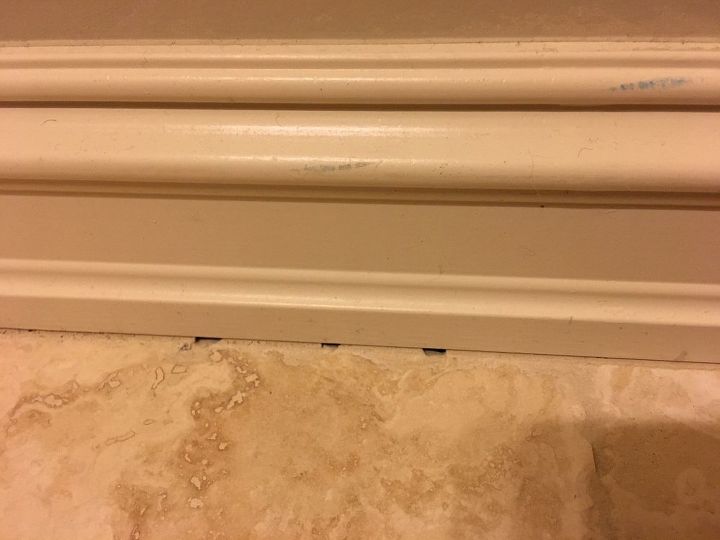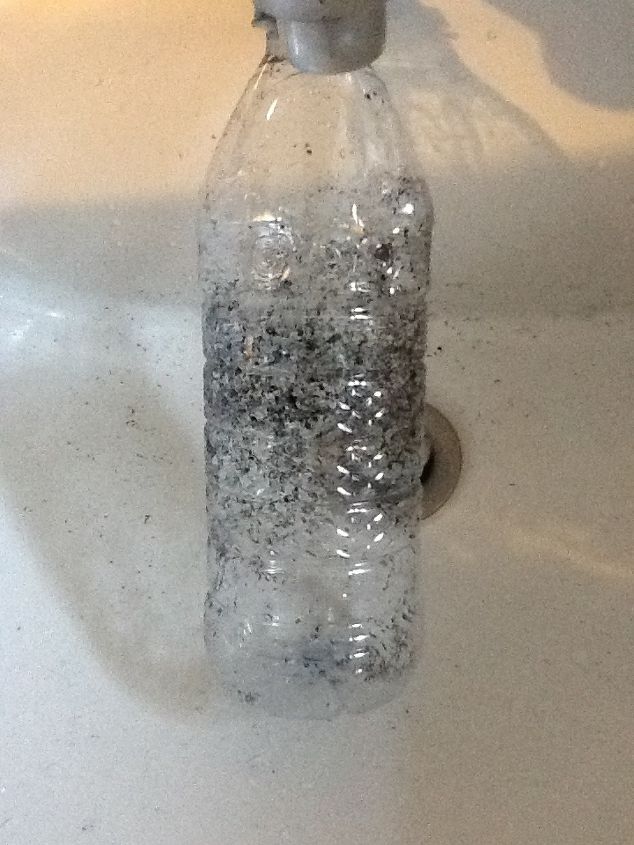How often should the septic tank at our weekend home be pumped?

Related Discussions
How to get rid of mice?
We seem to have some unwelcome Mickeys and Minnies in our house. What is the best way to get rid of them?
How to remove popcorn ceiling with asbestos?
I want to remove my popcorn ceiling, but it has asbestos in it. How do I go about this safely?
How to caulk baseboard gaps?
How do I fill gaps at baseboard, should I caulk? If so, does anyone know how to caulk baseboards?
How to fix squeaky hardwood floors?
How do I fix squeaky hardwood floors?
I have ruined my copper sink! Please help!
I'm hoping to save my copper sink, but I am afraid I have totally ruined it. I need some suggestions on how to save it! What can I spray it with, or where can I fin... See more
Black stuff in home water supply.
This black oily or paraffin type stuff sometimes comes through my hot water line in the second story. Have talked to the water company. They say it isn't them or th... See more






no chemicals, better to put in organic material. Milks, yogurts and other bio waste. It should probably be cleaned by now if it's more than just you 2. It's not as expensive as you might think and it's pretty quick. Check around for a company near you. I'd say every 5-8 years if your family is small (2-3) and your tank is bigger. the cleaners can also tell you how big it is. If you wait too log, it tends to cost more and eventually cause problems. Best is to avoid harsh bacteria killing chemicals. (Bleach, toilet cleaner etc)
Poor maintenance is the most common cause of septic system failure. Failing septic systems are expensive to repair or replace, and the cost of repairs falls on the property owner. Fortunately, it is relatively easy to maintain your septic system and avoid expensive repairs.
Have the tank inspected and pumped periodically, ideally every three to seven years. If you don't know the last time the tank was pumped, pump it. Previous property owners may have overlooked this essential step.
Do not drive or park over the tank or drainfield. This may damage or collapse the tank or drain lines or compact the soil, decreasing the efficiency of the drainfield.
Do not use sinks or toilets as trashcans.Dumping cooking oil, paper towels, hygiene products, household chemicals, paint, kitty litter, coffee grounds or cigarette butts into sinks or toilets will increase the sludge layer in the tank and, at best, it will have to be pumped more often.
Remember, garbage disposals increase the need for routine pumping. Eggshells, bones and vegetables do not digest well and add more sludge to the tank.
Consider the septic system in the landscape design. Tree and shrub roots can grow into the drain lines and even the tank. Also, it is not wise to eat vegetables grown over drainfield lines
Use water wisely. Any water that goes down a drain or toilet ends up in your septic system. Repair leaking faucets and toilets to prevent water overload. Don't overtax the system by using a lot of water in a short time. Keep in mind that a saturated drainfield may not be able to absorb water from multiple loads of laundry on a rainy day.
Do not use additives. Some states' Departments of Public Health discourage the use of additives in septic systems, and scientific studies offer little support for their use. Additives are sold as treatments, cleaners, restorers, rejuvenators or enhancers. Biological additives, sold as starter agents or aids for routine maintenance, are made from bacteria, yeast or enzymes. Chemical additives are sold to break up oil and grease or unplug drains. Additives do not jump start a new or recently pumped system. They do not eliminate or reduce the need to pump out the septic tank. In fact, chemical solvents can break solids into smaller particles that do not settle to the bottom of tank. These small particles remain suspended in the water and move into the drainfield, potentially clogging the lines. Acids can corrode concrete tanks and distribution boxes.
Signs a Septic System is Failing
These are signs of a failing system:
If any of these signs are noted, contact your local health department. A health department environmentalist can help identify potential problems. The local health department also has lists of state-certified contractors who can make repairs. Repairs or modifications to the system must be permitted and inspected by the health department. Be sure to be present when the health department inspector and contractor meet to discuss repairs to your system.
I would do it annually for preventative maintenance. They can see problems that you might not otherwise know about.
Put Rid-X in your toilet and flush it. Rid-X is enzyme based and will "eat" what is in the septic tank. It should take quite a while before you have to pump out your septic tank. We lived in the country when I was a kid--5 people, 1 bathroom, septic tank, and Rid-X. I remember our septic tank being pumped out only twice in around 30+ years.
ALSO, if this is just a summer home, you might check to see if you have a problem with tree roots growing in the tank itself or in the field pipe that runs from the house to the tank. That can be a big problem if that is the case. If you lived there full-time you would notice standing water and "the grass is greener above the septic tank". But the problem wouldn't be readily apparent if the system only gets occasional use.
Rid-x monthly or more often if you have a large number of people over. You will probably never have to have it pumped out. Do not put anything down your sinks or toilets except human waste and biodegradable toilet paper.
I'm with Molly. But I'd call a professional and start with a pumping. Then note all of Molly's suggestions. She's got it on point. Best of luck.